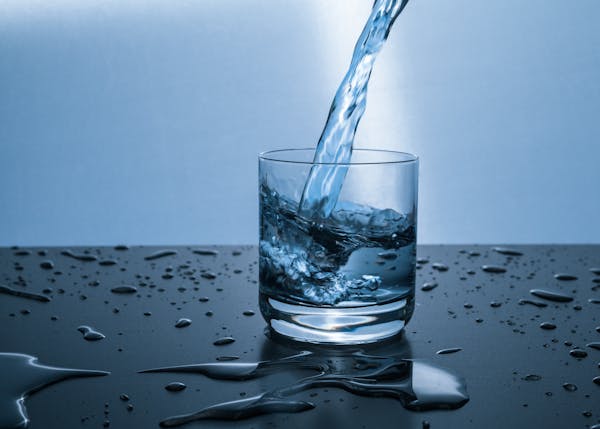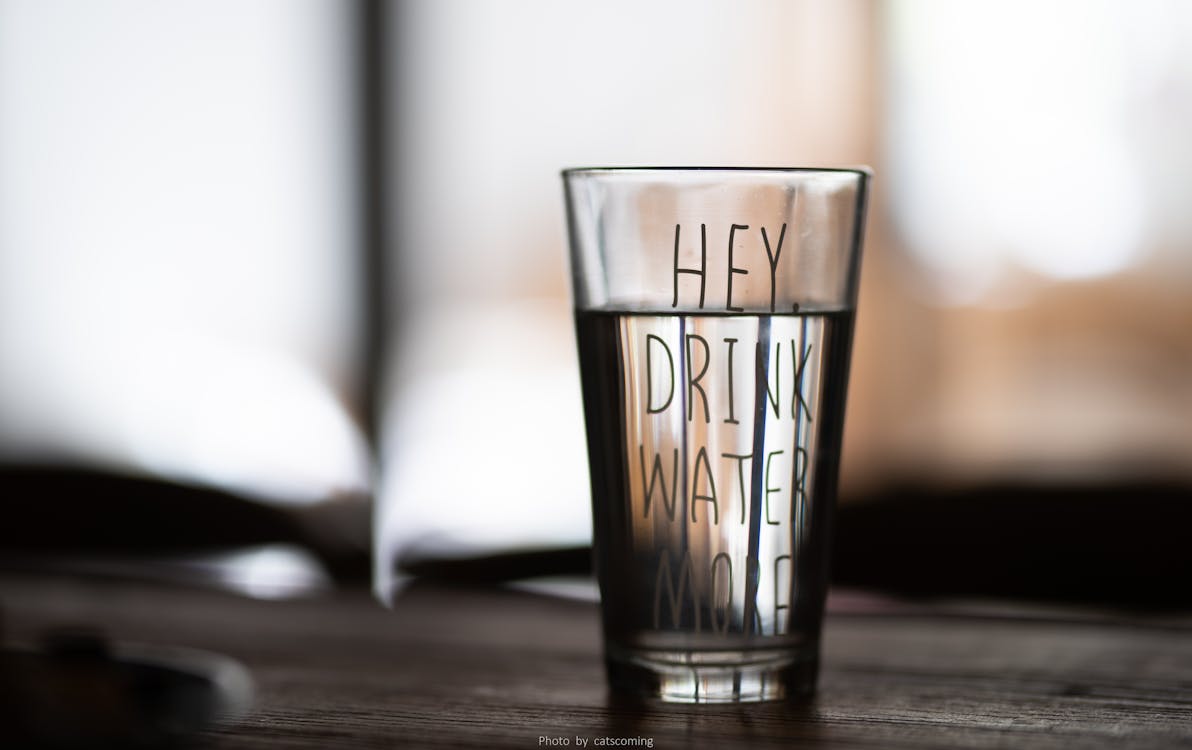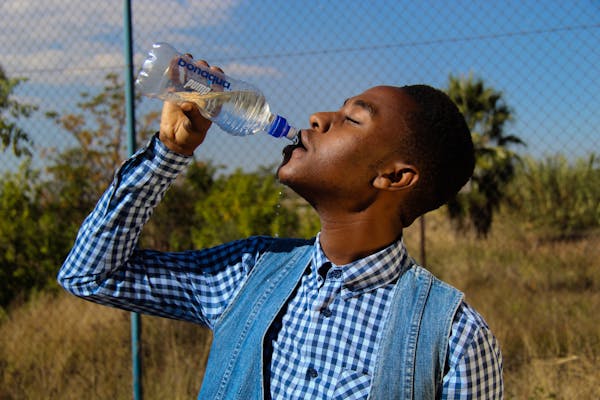
Before discussing how to reduce water retention, let’s know what is water retention first. Water retention, also known as edema, is a condition where excess fluid builds up in the body’s tissues. This can lead to swelling, puffiness, and discomfort, particularly in the hands, feet, ankles, and legs. There are many reasons why someone might experience water retention, including:
- Inactivity: Sitting or standing for long periods of time can cause fluid to accumulate in the legs and feet.
- Hormonal changes: Hormonal fluctuations during menstruation or pregnancy can cause water retention.
- Eating too much salt: Consuming excessive amounts of sodium can cause the body to retain water.
- Certain medications: Some medications, such as corticosteroids, can cause water retention as a side effect.
- Medical conditions: Certain medical conditions, such as heart, liver, or kidney disease, can cause water retention.
- Nutritional deficiencies: Deficiencies in nutrients such as potassium or vitamin B1 can lead to water retention.
Treatment of water retention depends on the underlying cause. In some cases, simple lifestyle changes such as reducing salt intake, staying physically active, and drinking more water can help reduce water retention. In other cases, medical treatment may be necessary to address the underlying condition. If you are experiencing persistent or severe water retention, it’s important to talk to your doctor.
6 Ways to Reduce Water Retention

Water retention is a common condition that occurs when excess fluid builds up in the body’s tissues. This can lead to swelling, puffiness, and discomfort. Here are six ways to reduce water retention:
- Drink more water: It may seem counterintuitive, but drinking more water can actually help reduce water retention. When you’re dehydrated, your body tries to hold onto as much water as possible, leading to bloating and swelling. Drinking plenty of water can help flush out excess fluids and reduce water retention.
- Cut back on salt: Sodium is a major culprit when it comes to water retention. Eating too much salt can cause your body to retain water, leading to bloating and swelling. Cutting back on salt can help reduce water retention.
- Exercise regularly: Regular exercise can help improve circulation and lymphatic drainage, which can help reduce water retention. Aim for at least 30 minutes of moderate-intensity exercise most days of the week.
- Eat more potassium-rich foods: Potassium is a mineral that can help counteract the effects of sodium and reduce water retention. Foods rich in potassium include bananas, avocados, spinach, sweet potatoes, and salmon.
- Avoid processed foods: Processed foods are often high in sodium and other additives that can contribute to water retention. Stick to whole, unprocessed foods as much as possible.
- Try natural diuretics: Certain natural diuretics, such as dandelion tea, parsley, and asparagus, can help reduce water retention by increasing urine output. However, it’s important to talk to your doctor before trying any new supplements or natural remedies.
How much potassium should I aim to consume daily to help reduce water retention?

The recommended daily intake of potassium varies depending on factors such as age, sex, and activity level, but in general, adults should aim to consume at least 2,500-3,000 milligrams of potassium per day.
If you’re looking to reduce water retention, increasing your potassium intake can be beneficial, as potassium helps counteract the effects of sodium and can help reduce fluid buildup in the body. However, it’s important to note that increasing potassium intake may not be enough on its own to reduce water retention if you’re also consuming excessive amounts of sodium.
In addition to consuming potassium-rich foods, it’s also important to cut back on sodium and processed foods, exercise regularly, and stay hydrated to help reduce water retention.
If you have any health conditions or are taking medications, it’s always a good idea to talk to your doctor before making any significant changes to your diet. Your doctor can help you determine the appropriate potassium intake for your specific needs.
How much water should I aim to drink daily to help reduce water retention?

It may seem counterintuitive, but drinking more water can actually help reduce water retention. When you’re dehydrated, your body tries to hold onto as much water as possible, leading to bloating and swelling. Drinking plenty of water can help flush out excess fluids and reduce water retention.
The amount of water you should aim to drink daily depends on a variety of factors, including your age, sex, activity level, and overall health. However, a general guideline is to aim for at least 8-10 cups (64-80 ounces) of water per day.
If you’re physically active or live in a hot climate, you may need to drink more to stay properly hydrated. Similarly, if you have certain health conditions or are taking certain medications, your doctor may recommend a different daily water intake.
Keep in mind that while staying hydrated is important for reducing water retention, it’s also important not to overhydrate. Drinking excessive amounts of water can lead to a condition called hyponatremia, which is characterized by low blood sodium levels and can cause symptoms such as headache, nausea, and confusion.
What are some signs that I may be overhydrating?

While staying hydrated is important, it’s also possible to overhydrate, which can lead to a condition called hyponatremia. Hyponatremia occurs when the balance of electrolytes in your body is disrupted by excessive water intake, leading to low blood sodium levels.
Some signs that you may be overhydrating include:
- Nausea and vomiting
- Headache
- Fatigue
- Confusion or disorientation
- Muscle weakness or cramping
- Swelling or bloating
If you experience these symptoms, it’s important to seek medical attention right away. In severe cases, hyponatremia can cause seizures, coma, and even death.
To avoid overhydration, it’s important to drink water in moderation and pay attention to your body’s thirst cues. If you’re physically active or live in a hot climate, you may need to drink more water to stay properly hydrated, but be sure to also consume electrolytes such as sodium, magnesium, and potassium to help maintain a healthy balance of fluids in your body.
What are some medical treatments for water retention?

The medical treatment for water retention depends on the underlying cause. Here are some common medical treatments for water retention:
- Diuretics: Also known as water pills, diuretics are medications that help increase urine output, which can reduce fluid buildup in the body. Some examples of diuretics include furosemide, hydrochlorothiazide, and spironolactone.
- Compression garments: Compression stockings or sleeves can help improve circulation and reduce swelling in the legs and feet.
- Medications for underlying conditions: If water retention is caused by an underlying medical condition such as heart or kidney disease, treatment will focus on managing that condition. For example, medication to manage high blood pressure or heart failure may be prescribed.
- Paracentesis: This is a medical procedure where excess fluid is drained from the abdomen using a needle and catheter. This is typically done for people with severe liver disease or cancer who develop ascites, which is the buildup of fluid in the abdomen.
- Lifestyle changes: In addition to medical treatments, lifestyle changes such as reducing salt intake, staying physically active, and drinking more water can help reduce water retention.
It’s important to talk to your doctor if you are experiencing persistent or severe water retention. They can help determine the underlying cause and develop an appropriate treatment plan.
In addition to the medical treatments I mentioned earlier, there are other lifestyle changes that can help reduce water retention. Here are a few examples:
- Exercise regularly: Regular exercise can help improve circulation and lymphatic drainage, which can help reduce water retention. Aim for at least 30 minutes of moderate-intensity exercise most days of the week.
- Eat a healthy, balanced diet: A diet rich in fruits, vegetables, whole grains, and lean protein can help reduce water retention. Additionally, reducing salt intake can help reduce fluid buildup in the body.
- Elevate your legs: If you experience swelling in your legs or feet, elevating your legs above heart level for several minutes several times a day can help reduce fluid buildup.
- Stay hydrated: Drinking plenty of water can help flush out excess fluids and reduce water retention.
- Manage stress: Stress can contribute to water retention, so finding ways to manage stress such as meditation, yoga, or deep breathing exercises can help.
It’s important to note that while these lifestyle changes can be helpful, they may not be enough on their own to reduce water retention if you have an underlying medical condition. If you are experiencing persistent or severe water retention, it’s important to talk to your doctor. They can help determine the underlying cause and develop an appropriate treatment plan.
For more articles about nutrition: click here and weight loss here




